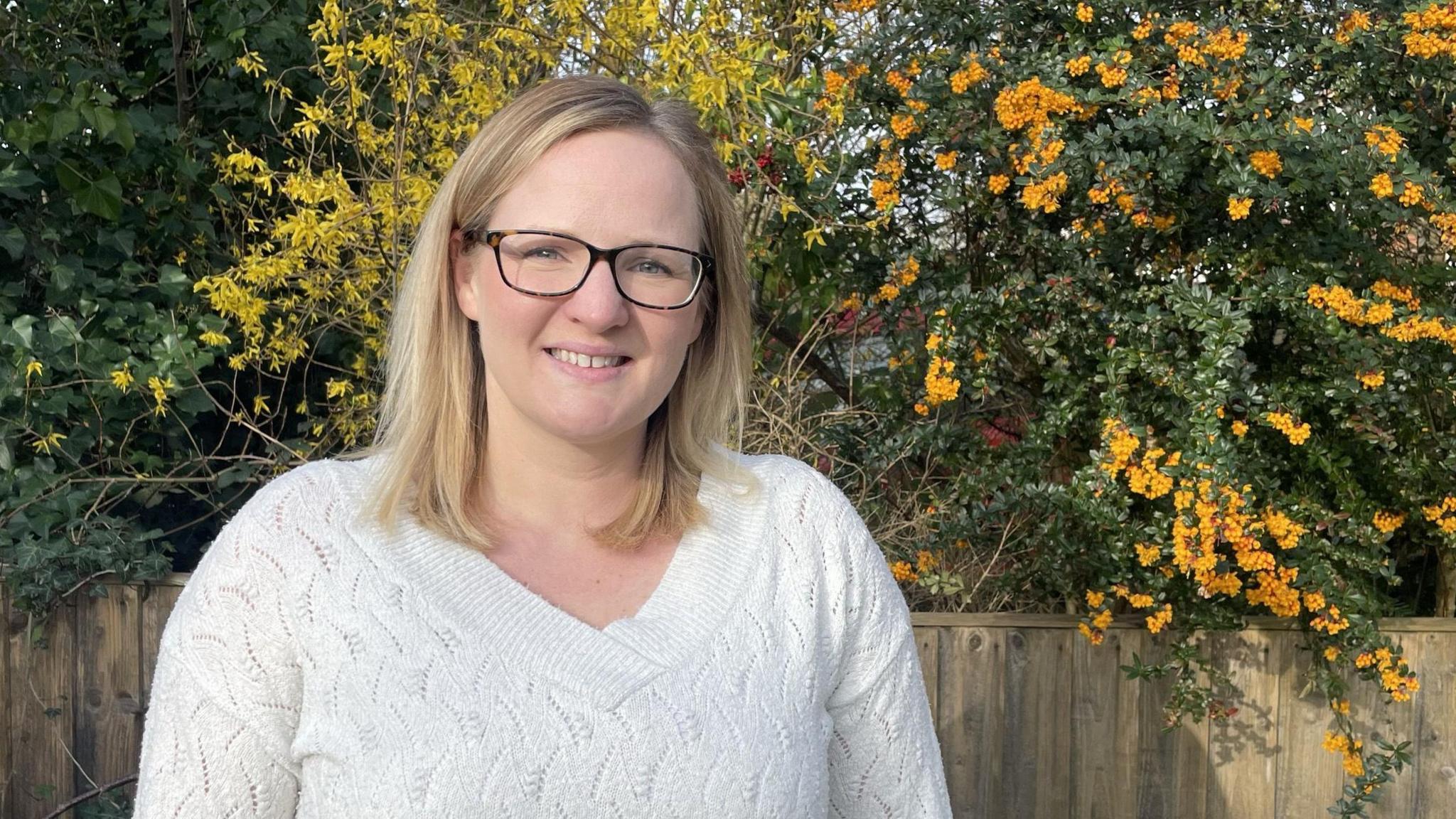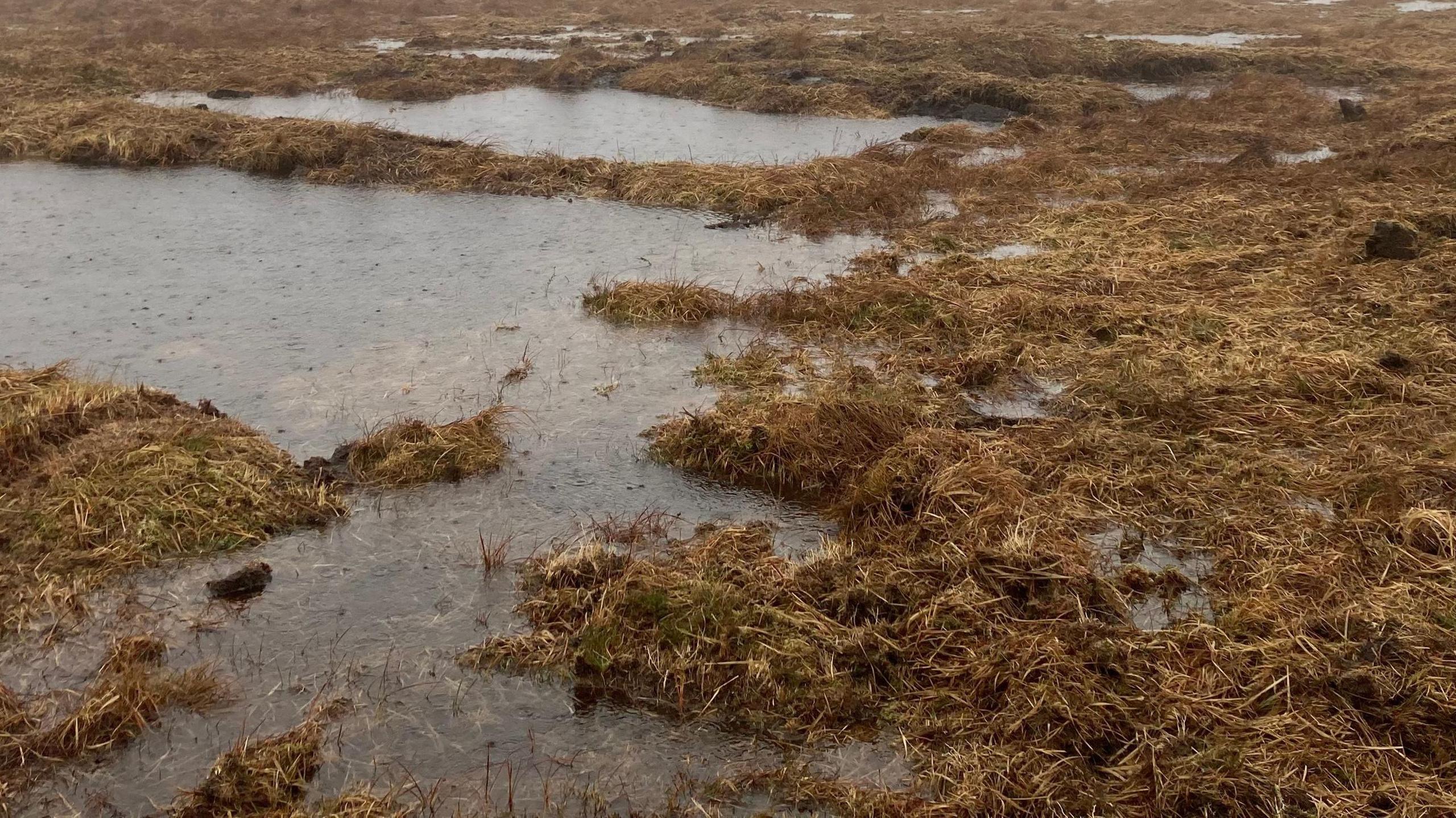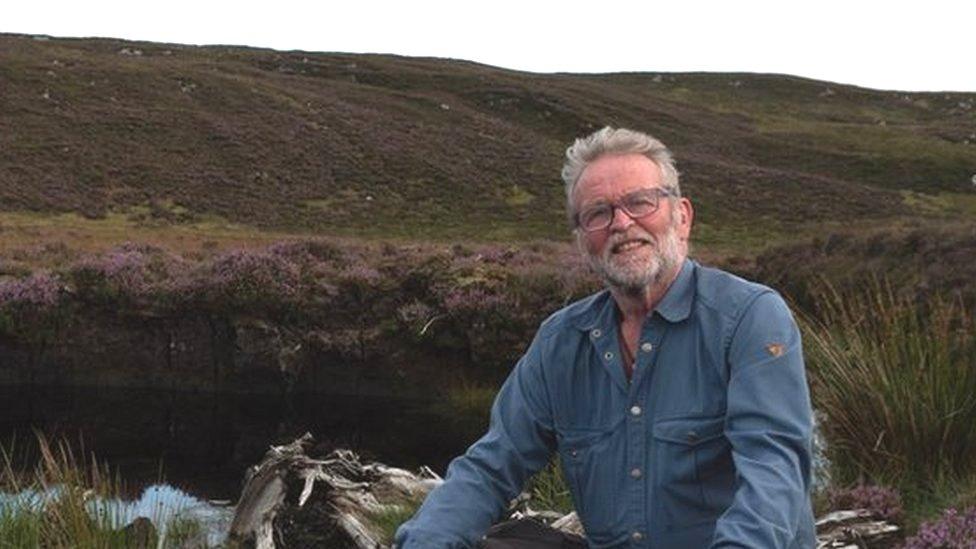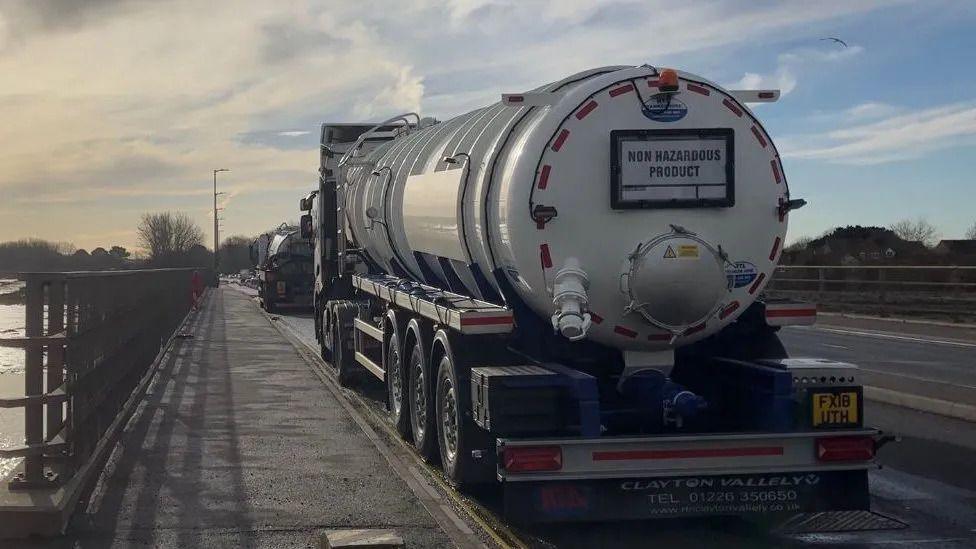Trust demands clarity over peat in garden products

Sarah Jordan, from Surrey Wildlife Trust, is calling for better labelling on peat garden products
- Published
Surrey Wildlife Trust is calling for improved labelling on products containing “hidden peat”.
Peat is used to propagate plants but releases carbon dioxide when extracted from a bog.
Selling peat will be banned from 2024, but the professional sector can still use it in certain products until 2030.
Sarah Jordan, a manager at the trust, said "house plants, mushrooms and herbs are still often grown in it".
“There are other sources of peat, which is what the trust is calling hidden peat," she told BBC Radio Surrey.
Selling peat will be banned from 2024, but the professional sector can still use it in certain products until 2030.
The trust estimates extracting peat has released 31m tonnes of carbon dioxide into the atmosphere since 1990.

Surrey Wildlife Trust wants an immediate end to extracting peat from bogs
“It’s just about being a bit more conscious about the choices that you’re making when you’re gardening," she said. "There’s plenty of alternatives."
Peat used in the professional sector will phased out by 2026, or by 2030 if used to grow mushrooms or young plant plugs.
It may still be used to protect vulnerable or endangered plant species after that.
The trust is also calling for extraction of peat to be banned immediately, horticultural uses of peat banned “as soon as parliamentary processes allow” and all bogs to be restored.
A spokeswoman for Defra said the government is committed to ending the use of horticultural peat and will "bring forward legislation as soon as parliamentary time allows".
“We have made great progress with the amount of peat being used, having halved from 2020 to 2022," she added.
The National Trust recently announced its food outlets will only serve peat-free mushrooms. It said the move was to fight climate change by protecting peatlands.
Follow BBC South East on Facebook, external, on X, external, and on Instagram, external. Send your story ideas to southeasttoday@bbc.co.uk or WhatsApp us on 08081 002250.
Related stories
- Published21 January 2024

- Published20 March 2024
